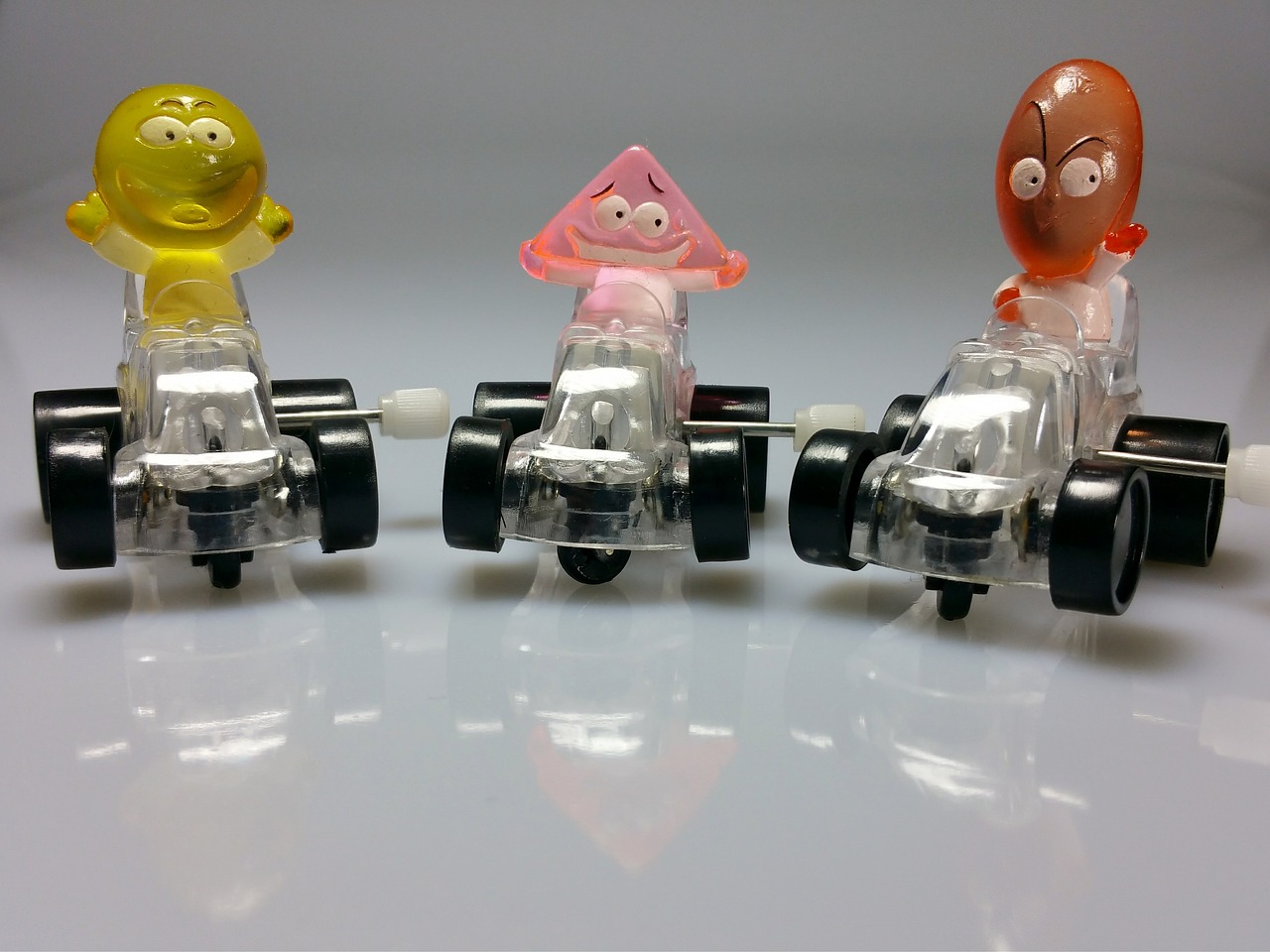The Future of Music Production and Digital Twins
diamondexch sign up, sky 99 exch, reddy anna book club:Sure! Here is the article structured as per your requirements:
—
As technology continues to advance at a rapid pace, the world of music production is also evolving. One exciting development on the horizon is the use of digital twins in music production. Digital twins are virtual replicas of physical objects or systems that can be used for various purposes, such as monitoring, analyzing, and predicting performance. In the realm of music production, digital twins have the potential to revolutionize how music is created and consumed. Let’s explore the future of music production and the impact of digital twins in this industry.
The Rise of Digital Twins in Music Production
Digital twins have already made waves in industries such as manufacturing, healthcare, and transportation. Now, music producers are starting to experiment with the technology to streamline their processes and create new, innovative sounds. By creating a digital twin of a musical instrument, artists can manipulate it in ways that were previously impossible. For example, they can alter the materials, design, and acoustic properties of the instrument to achieve desired effects.
Using digital twins in music production also opens up opportunities for collaboration among artists. With a digital twin of a music studio, multiple artists can work on a project simultaneously, regardless of their physical location. This can lead to new forms of creative expression and collaboration that were previously unattainable.
Enhancing the Creative Process with Artificial Intelligence
In addition to digital twins, artificial intelligence (AI) is playing a significant role in the future of music production. AI algorithms can analyze vast amounts of musical data to identify patterns and trends, helping artists create music that resonates with audiences. For example, AI can assist in composing melodies, generating lyrics, and even mastering tracks.
Moreover, AI-powered tools can automate repetitive tasks in the music production process, allowing artists to focus on the creative aspects of their work. By leveraging AI, music producers can work more efficiently and produce higher-quality music in less time. This technology is revolutionizing the music industry and empowering artists to push the boundaries of what is possible.
The Impact of Virtual Reality and Augmented Reality
Virtual reality (VR) and augmented reality (AR) are also shaping the future of music production. With VR, artists can create immersive music experiences that transport listeners to virtual worlds where they can interact with music in new and exciting ways. For example, artists can hold virtual concerts, create 3D music videos, and design interactive album covers.
AR, on the other hand, allows artists to augment the physical world with digital elements. For instance, artists can use AR apps to overlay digital effects on live performances, creating a visually stunning experience for audiences. As VR and AR technologies continue to evolve, they will play an increasingly important role in how music is produced, consumed, and experienced.
The Future of Music Distribution and Consumption
As technology continues to advance, the way music is distributed and consumed is also evolving. Streaming services have become the dominant method of music consumption, offering listeners access to a vast library of songs at their fingertips. In the future, we can expect to see even more personalized recommendations, curated playlists, and AI-generated music tailored to individual preferences.
Furthermore, blockchain technology is poised to revolutionize the music industry by providing artists with greater control over their work and ensuring fair compensation for their contributions. By using blockchain to track ownership rights and royalties, artists can protect their intellectual property and receive direct payments for their music.
FAQs
Q: How are digital twins used in music production?
A: Digital twins are virtual replicas of physical objects or systems that can be used to manipulate musical instruments, create new sounds, and collaborate with other artists.
Q: What role does artificial intelligence play in music production?
A: AI algorithms can analyze musical data, automate tasks, and assist in composing melodies, generating lyrics, and mastering tracks.
Q: How do VR and AR impact music production?
A: VR allows artists to create immersive music experiences, while AR enables them to augment the physical world with digital elements during live performances.
In conclusion, the future of music production is set to be a dynamic and innovative landscape, driven by advancements in technology such as digital twins, artificial intelligence, virtual reality, and augmented reality. Artists and producers who embrace these technologies will have the opportunity to create new and exciting music experiences that push the boundaries of creativity and expression. As technology continues to evolve, the possibilities for music production are limitless, and the future of the industry has never looked brighter.







